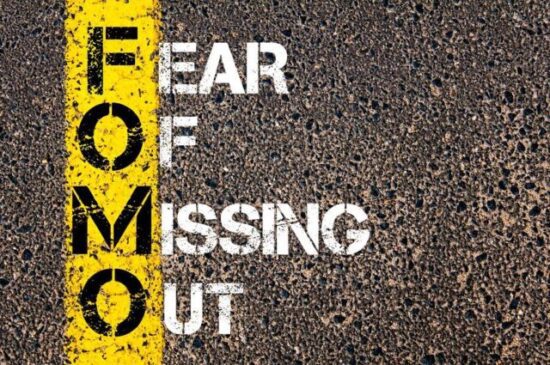
How to get a Career in HR

#ad – this is a collaborative post
One of the questions I get asked regularly is How do you get a job in HR? An attractive career path for many, it can be quite a challenge to secure your first work within Human Resources and I too found gaining that first step onto the HR career ladder a bit of a challenge. I have now worked in HR for over 12 years, working my way up from HR Administrator through to HR Manager, and now my most recent role as a Part Time Resourcer, which works well for my current family set up.
My background as a HR Generalist has seen me work on everything from resourcing (advertising, interviewing and assessment centres), employee relations (disciplinaries, grievances, redundancies, TUPE transfers and tribunals), implementation of iTrent and other HR Management systems (for simplifying payroll and HR records) and much much more. In recent years, Resourcing is the area which I have found the most interesting, particularly with the advancement of social media and modern methods of recruitment. I am also passionate about women in employment, and helping women work flexibly and return to the workplace after having a baby.
But how do you get a job in HR? Here’s my tips for how you can help secure your first role in a HR environment.
- Gain some initial qualifications – depending on the entry level, most HR professionals will have either an A Level or Degree level qualification. I personally did a business studies degree but other subjects such as Psychology are a good starting point. You may also have via an apprenticeship route, such as a Level 3 Apprenticeship in Business & Administration. On apprentices of this nature, you can chose modules that are related to human resources which will give you a good foundation of knowledge and help you build transferable skills.
- Don’t rely on qualifications alone – work experience is also important. Many university courses these days offer a year in industry or placement year, normally in the 3rd year of your degree. Whilst you may not be able to find a specific HR placement (again they are competitive!) working in an office or business environment will help you build up skills which will prove beneficial in a HR role.
- If you aren’t doing a qualification with practical experience, look to gain some work experience (even if unpaid). I did a fortnights unpaid work experience in Office Angels at the start of my career, as I was keen to show that I had an interest and passion for the subject.
- The CIPD Qualification is a professional HR qualification, which will give you a strong theoretical grounding for a HR Career. The CIPD isnt essential at administration level, however this is something that could be studied for part time around your existing commitments if you want to add a specific HR Qualification to your CV. That said, funding this directly can prove expensive, and many good employers will actually help fund it on day release for their staff.
- Can you current employer help. Even if you don’t work in HR currently, try and get some exposure to HR or Recruitment processes – e.g. ask to sit in on interviews, help HR with inductions, assist with training new starters. These small steps show that you have an interest and enthusiasm for the subject. You may also want to talk to your own HR Department and see if there could be any opportunity to shadow them. This isn’t always possible due to the challenges of confidentiality and personal data, but there may be some areas where the team would welcome the help!
- Identify the soft transferable skills that you already possess – e.g. communication, organisation, empathy, ability to meat deadlines and targets. Ensure these areas are highlighted clearly (with examples!) on your CV – no one likes generic statements like “I work well as part of a team”.
- Network – sometimes its not just what you know but who you know, and meeting someone who can introduce you to someone else can have a hugely positive effect. Network with other HR Professionals, join Facebook and Linkedin groups, and CHAT! Let your interest shine through!
- Finally, keep abreast of whats going on in employment – following the CIPD and People Management twitter accounts, keep an eye on employment law updates in the news – having a basic understanding of the issues affecting employment will really stand you in good stead when it comes to selling yourself at interview.
I hope you find these initial tips helpful. Finally, its worth noting here that there is nothing wrong with starting “at the bottom” and working your way up. Building a long term HR Career takes time, but the benefits can be both financially and personally rewarding.
If you have any questions about a job in HR please feel free to drop me a line, happy to help where I can!
Lucy xxx















































